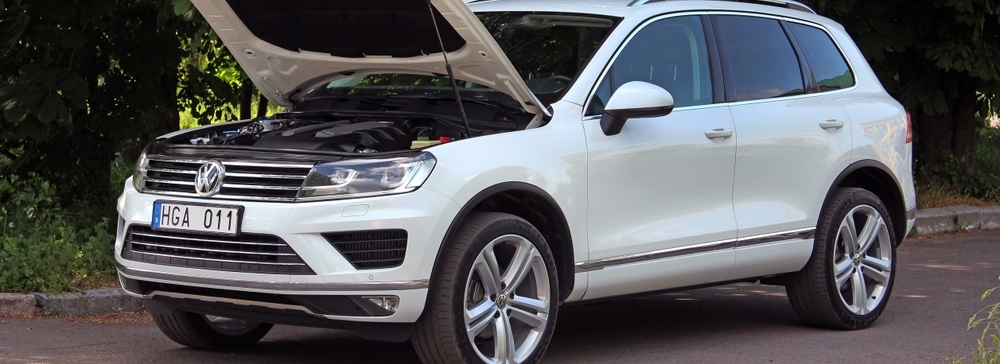
09 Mar My Car Has Slow Acceleration
 It can be frustrating and even dangerous when your car won’t accelerate. Entering a highway or driving the speed limit requires adequate acceleration. What should you do if your car won’t accelerate? I’d recommend scheduling an auto repair diagnosis with your local auto service center. There are many reasons for a vehicle’s slow acceleration, which can vary depending on your car’s model and age. A qualified technician can diagnose the problem and tell you if it is an issue with your timing belt, bad sensors, or clogged filters.
It can be frustrating and even dangerous when your car won’t accelerate. Entering a highway or driving the speed limit requires adequate acceleration. What should you do if your car won’t accelerate? I’d recommend scheduling an auto repair diagnosis with your local auto service center. There are many reasons for a vehicle’s slow acceleration, which can vary depending on your car’s model and age. A qualified technician can diagnose the problem and tell you if it is an issue with your timing belt, bad sensors, or clogged filters.
Common Reasons for Slow Acceleration
Bad Sensors
Car manufacturers design modern vehicles with a ton of sensors that operate the various components within your engine. When one (or more) of these sensors go bad, it will trigger a dash warning light. Your mechanic can identify the diagnostic code once that happens. However, locating which sensor has the issue can become tricky if no dash light is activated. Here are the most common sensors that may be why your car has slow acceleration.
Mass Air Flow Sensor (MAF)
The mass air flow sensor measures the airflow entering the air intake and communicates that information to the onboard computer. If clogged or malfunctioning, this sensor could change the air/fuel mixture calculations, causing slow acceleration.
Oxygen Sensor (O2)
Oxygen sensors are located in the exhaust system and monitor emissions. A bad O2 sensor usually triggers a dash warning light. It may also cause black exhaust, substandard fuel economy, and slow acceleration.
Throttle Position Sensor (TPS)
A throttle position sensor tracks the throttle through the driver’s input via the gas pedal. It communicates that information to the computer, regulating the fuel allowed into the engine. When the TPS malfunctions, it may not respond to your input for more speed.
Old, Dirty, or Clogged Filters
Combustion engine vehicles rely on the perfect mix of air and fuel to operate efficiently. Once that function is compromised, your car won’t accelerate like it should. Filters strain out impurities and debris from flowing through your engine components. Over time, they become dirty or clogged and require replacing.
Engine Air Filter
A dirty engine air filter is simple to check. Check your owner’s manual to find out where it is and how to inspect it. If the filter is clogged, less air flows into your engine. Insufficient air flow impedes combustion, which can translate into slower acceleration. Auto manufacturers recommend changing your engine air filters twice a year.
Fuel Filter
The fuel filter often becomes clogged with debris and sludge. When fuel cannot freely flow through the filter, the air-to-fuel mixture required for proper combustion is compromised. Once a fuel filter is clogged, you cannot clean it; replacing it is the only way to fix the issue.
Fuel Injectors
Let’s not forget about the fuel injectors. They are also prone to clogs from debris in the fuel. If you think your fuel injectors are clogged, add a fuel injector cleaning solution into your gas tank.
Faulty Components
Mechanical issues are also a possible reason your car won’t accelerate. Moving parts wear down with use, so schedule routine maintenance with a qualified auto service center. A multi-point inspection once a year can help address many issues before they become major problems.
Spark Plugs
When spark plugs wear out, they generate a weaker spark, which means less power for your engine. Inspect your spark plugs for wear and corrosion, or schedule a service so a technician can inspect and replace them if necessary.
Timing Belt
The timing belt assists the cylinders so they all fire at the correct time. When the timing belt wears out or is misaligned, your vehicle can misfire, have rough idling, and slow acceleration. It’s best to fix this issue immediately. A broken timing belt may cause extensive damage to your engine and transmission.
Slow Acceleration Diagnostic Services in Ann Arbor, MI
Ron’s Garage specializes in auto repair and diagnostic services for all vehicle makes and models in Ann Arbor, MI. Our technicians are ready to replace clogged filters and switch out bad sensors, providing excellent customer service.
Schedule A Slow Acceleration Appointment
We would love to hear from you! Call our customer service representatives at (734) 662-8379 or visit us online to schedule your bad sensors and clogged filters diagnostic service.

